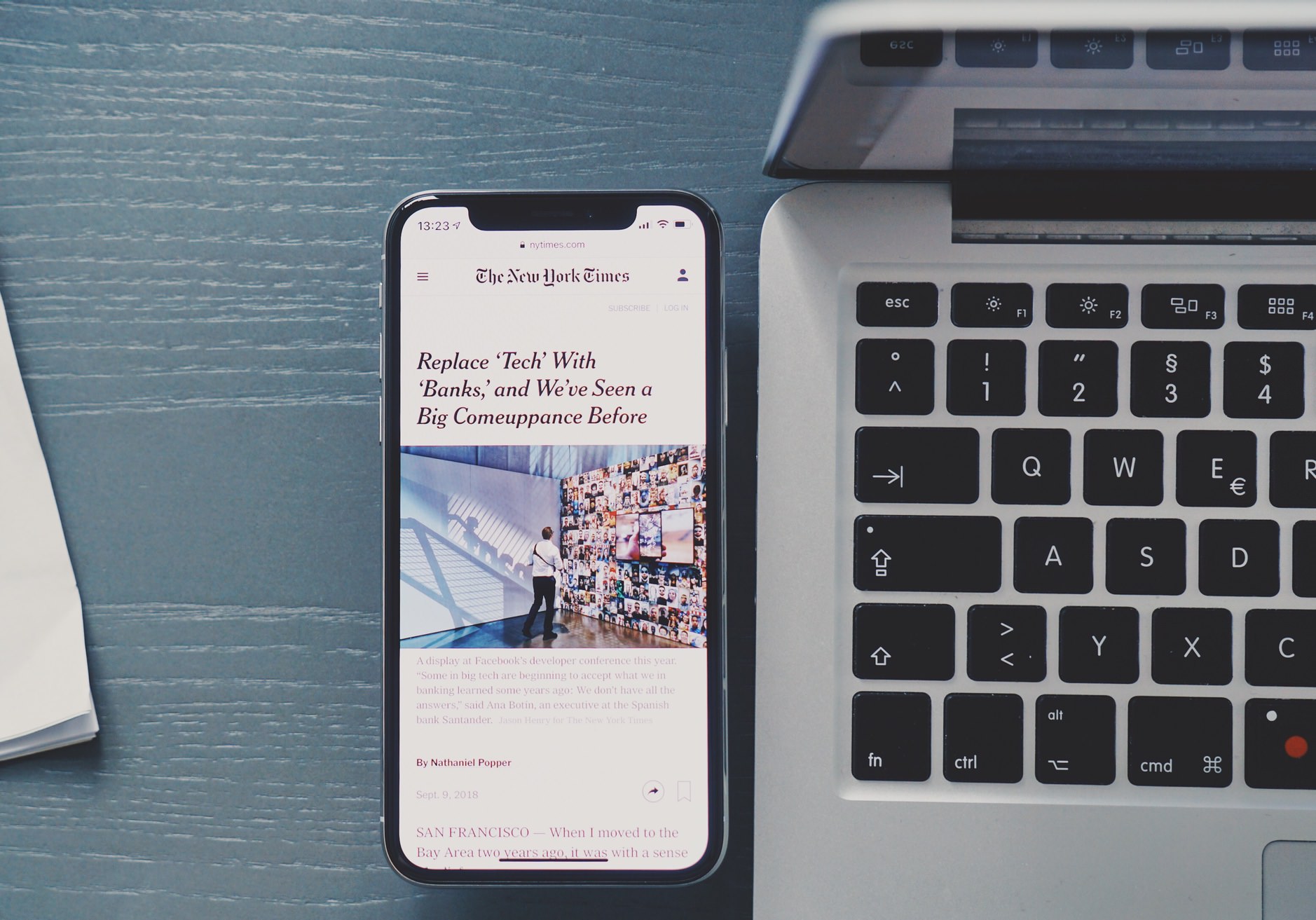„Replace ‘Tech’ With ‘Banks,’ and We’ve Seen a Big Comeuppance Before“
Nathaniel Popper vergleicht die Finanzkrise vor 10 Jahren mit dem Vertrauensverlust, den die sozialen Netzwerke derzeit erleiden.
As I have watched the recent parade of tech executives being grilled by Washington lawmakers from across the political spectrum, it has been eerily reminiscent of the combative hearings the big banks faced back in 2009 and 2010.
As was true after the financial crisis, the backlash against tech rises out of a public awakening to the integral role that these huge companies occupy in our society — with Facebook, Uber and Twitter playing the part that Goldman Sachs and JPMorgan Chase did a decade ago.

The crisis precipitated by the banks was a financial one that caused markets to crash, and threatened to bring down the global economy.
The crisis involving the internet giants is not hitting our pocketbooks — it is straining our confidence in what we know about the world. If Russian hackers can create and amplify fake news stories across the many sites we have come to rely on, where can we go for reliable information?
In public surveys, like the Harris Poll Reputation Quotient, the tech giants are still polling well ahead of Goldman and Wells Fargo, and some, like Amazon and Apple, seem to be mostly flying above the fray.
Der Zyniker in mir denkt: „Ach wie gut, dass Apples Anläufe für ein eigenes Soziales Netzwerk – namentlich Ping und Connect – so grandios gescheitert sind.“
Andererseits sieht Apples früher Fokus auf Privatsphäre und Datenschutz von Monat zu Monat besser aus. Wenn ihr Einkauf von Texture jetzt noch qualitativ hochwertige Beiträge von der New York Times, dem Wall Street Journal und der Washington Post bekommt, bevor das Angebot in Apple News aufgeht, würde sich der Kreis schließen. Apple braucht nämlich kein eigenes Soziales Netzwerk um mit Twitter und Facebook zu konkurrieren: Eine tatsächliche Alternative zu deren Timelines wäre das Angebot von gutem Journalismus.